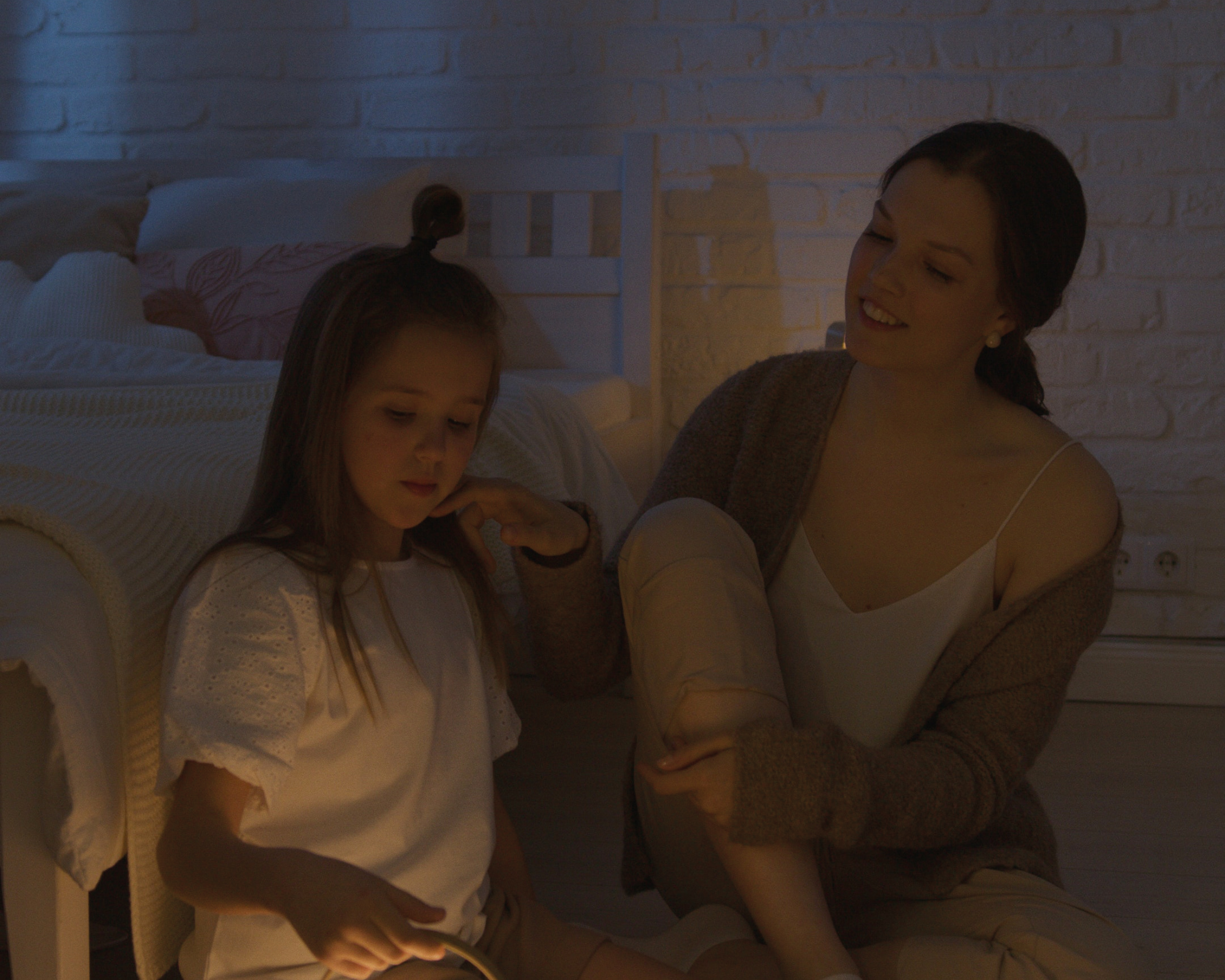For any parent, moving homes, cities or even countries can be a daunting prospect – but it’s also an invaluable opportunity. It helps you prepare your children for life’s greatest inevitability: change
The decision has been made: A move is on the cards. How do you break the news to your kids? And what do you do if their world falls apart? Preparation, patience and keeping things practical are key.
Submit to change
Moving involves changes in every sphere of your child’s life, and these changes equal loss,’ says Julie Hollely, a counselling psychologist practising in Port Elizabeth. Julie and her two-year-old daughter Beccah made the move from Joburg when Beccah was just a baby, but transition affects children of all ages. ‘Your children are instantly thrown into dealing with a range of emotions as they process the news and start to navigate what change means,’ she elaborates.Some changes are obvious: a new home, school and friends. But even subtle changes in climate, landscape and environment can elicit a kind of shock. In more extreme cases, in which moving countries also involves learning a new language and understanding a new culture, this shock can quickly translate into a kind of trauma. ‘It is vital to empathise with and validate your kids’ feelings,’ advises Julie.

Open door
Tell your kids about the move as soon as it’s confirmed. You don’t want them hearing about it indirectly or in hushed tones – this will only result in worry and anxiety on their parts. Sit down as a family and have an open conversation, in age-appropriate language, that includes answers to ‘why?’, ‘when?’ and ‘what if?’ Answer questions honestly, giving your kids a chance to feel heard.
Bid farewell
Saying goodbye is painful, especially for older children and teenagers. Younger children can be distracted by short-term prospects, such as ‘flying on a big aeroplane’. Gia Janks, mom to eight-year-old Zaria, moved her family from Cape Town to Sydney four years ago, and agrees: ‘Kids live in the present. It was difficult to explain the permanent move to Zaria’. But for older children, the realisation that they will no longer see a best friend or will have to quit a favourite extramural can leave them feeling angry and alone. ‘Often kids feel powerless when moving – as though they have absolutely no say in the decision,’ explains Julie. As the parent, you need to create ample opportunities for your kids to say goodbye to people and places, as well as involve them in appropriate decision-making.

Say ‘hello’
Colleen Gove moved from London to Cape Town with James, four, and Chloe, three, near the end of 2014. Arriving with holiday time to spare before moving into a new home and starting at a new school meant her kids could acclimatise to all the other changes before the big challenges hit. ‘We also created the idea of a family adventure that we were all part of.’ ‘It is crucial to construct a sense of family togetherness,’ reiterates Julie. ‘Even though this can prove to be difficult, remember you are in it together no matter what. Allow your children the time they need to adjust, keeping in mind that they take their cues from you. If you’re struggling, they will struggle more. Your stability provides them with security.’
Words by Ciska Thurman
Photography: Courtesy Images





